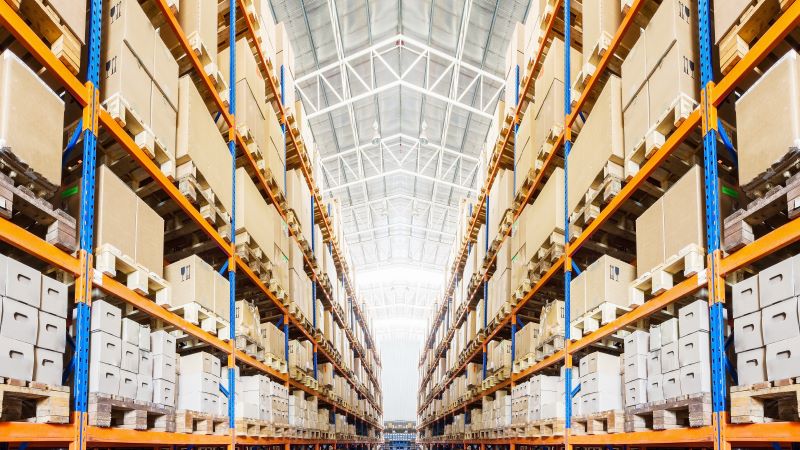This website uses cookies so that we can provide you with the best user experience possible. Cookie information is stored in your browser and performs functions such as recognising you when you return to our website and helping our team to understand which sections of the website you find most interesting and useful.
Destruction of brand-new consumer goods harms circular economy goals

COP26 has focused everyone’s mind on the need to speed up action on carbon reduction, waste and pollution to protect our planet. So the practice of companies deliberately destroying unsold or returned goods in perfect condition understandably causes alarm. Stronger rules are needed to stop the deliberate destruction of unsold products.
Unsold and brand-new products destroyed by retailers
Earlier this year, a UK investigation found that around 130,000
brand new laptops, drones, electronics and appliances were being destroyed every
week at an Amazon warehouse in Dunfermline, Scotland. This practice is not uncommon and has been reported in France,
Germany and The Netherlands and carries heavy environmental costs from the carbon cost of production to broader material footprints.
However, regularly destroying unused products is not limited to online marketplaces, Burberry
came under fire recently for burning millions of pounds worth of bags, clothes
and perfume. They claimed it was to reduce counterfeit and theft, but desire for exclusivity and limiting the availability of discounted items finding their way to the marketplace is suspected as a major factor. Brands are not required to report the amount of stock they destroy which makes it difficult to understand the scale of the problem, and means it has so far received less attention than other environmental and social damage caused by the industry.
So why does this practice, which company
whistleblowers suggest is widespread across brands, happen? In Amazon’s case, it’s understood that it is cheaper for vendors who store their inventory in Amazon’s warehouses to destroy the stock than to continue to pay for
storage, but fashion brands have different reasons. The demands of fast-turnaround fashion means that there is simply a lot more clothes and accessories being produced than ever before. Online fashion shoppers also want things delivered as soon as possible and so suppliers tend to order more than they need so they don’t run out.
Rule changes needed stop destruction of unsold products
With the sobering facts of climate and biodiversity risks under discussion at COP26, buzz talk about circular economies and the harsh realities of poverty, it seems unbelievable that this type of behaviour goes on. We might expect to see strict regulatory responses to end the deliberate destruction, but so far there has been little.
France has led the way in extending anti-waste legislation to prohibit importers, distributors and producers from destroying new unsold non-food products. This broad-ranging law will bring in the ban gradually over 2022 and 2023 and is the first of its kind. This change has already strongly encouraged French non-food companies to partner up with second-hand businesses, or to reconsider their production systems.
Similar legislative initiatives should be taken in Belgium, Italy, Spain and Portugal or, even better, at EU-wide level. Moving to a more circular economy where waste is designed out and reuse and remanufacture are built into production and consumption is critical.
While the European Commission is proposing a Circular
Economy Action Plan, it has not yet proposed any concrete rules such as France’s to stop the wholesale destruction of consumer goods. It’s more than time to put the circular in the “circular economy” and Euroconsumers and its partner BEUC will continue to call for this practice to end, and for increased transparency to ensure that our economy can be Approved
by Tomorrow.


